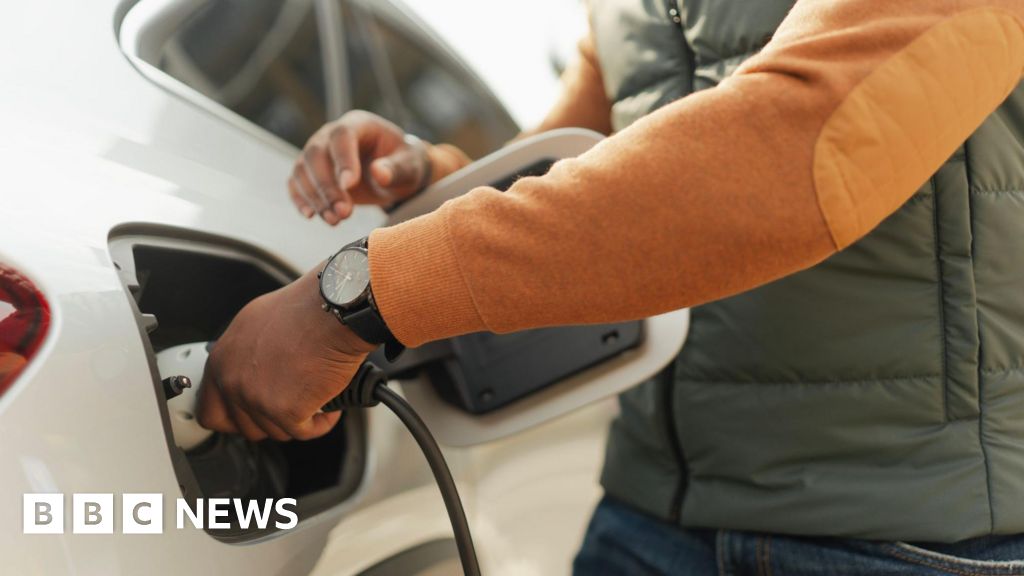China and the European Union (EU) have agreed to initiate talks to discuss a series of planned tariffs on Chinese electric vehicles (EVs) imported into the EU. Discussions were held between EU Trade Commissioner Valdis Dombrovskis and Chinese Commerce Minister Wang Wentao.
German Vice-Chancellor Robert Habeck also participated in related talks. The EU has proposed tariffs ranging from 17.4% to 38.1% on Chinese EVs, accusing China of unfairly subsidizing its EV industry. All Chinese EVs face a 10% import tariff in the EU.

Also Read: Troubled EV Maker Fisker Files for Bankruptcy
The EU alleges that Chinese EVs are benefiting from unfair government subsidies which provide an unfair competitive advantage in the European market.
The proposed tariffs are aimed at leveling the playing field for European manufacturers who are unable to compete with the low prices of Chinese EVs.
China has strongly opposed the tariffs labeling them as protectionist measures that violate international trade rules.
Beijing has threatened to the matter to the World Trade Organization (WTO) to defend its interests.
This is the first time the two parties have agreed to discuss the issue since the EU’s tariff threat. Both sides have expressed a willingness to engage in talks to reach a resolution.
An EU spokesperson described the initial call between Dombrovskis and Wentao as candid and constructive.
The spokesperson addressed that any outcome must address the issue of injurious subsidization of Chinese EVs.
China’s Ministry of Commerce reiterated its opposition and suggested that the talks would focus on avoiding a tariff war and protecting its domestic industries.
The proposed tariffs are set to be finalized by November 2, pending the results of the EU’s anti-subsidy investigation.
The EU’s intervention follows the U.S. decision to increase tariffs on Chinese EVs from 25% to 100%. Both the EU and China have addressed the need to avoid trade tensions which could result in economic losses for both sides.
European car manufacturers including major companies like Stellantis have expressed concerns about the proposed tariffs.
They say that such measures could fragment global trade and harm European businesses that are integrated into the global supply chain.
German Transport Minister Volker Wissing has criticized the tariffs warning that they could trigger a trade war with China.
Also Read: London Regains Status as Europe’s Largest Stock Market, Surpassing Paris
China has called on the EU to scrap the tariffs by July 4 arguing that the tariffs would only increase trade tensions and lead to a lose-lose situation for both economies.
Beijing has expressed willingness to negotiate and avoid a scenario similar to the trade conflicts with the US during the Trump administration.
The provisional duties are scheduled to take effect by July 4, but both sides are keen to resolve the issue through negotiations before this deadline.
These tariffs, if imposed could reach up to 38%, adding to the existing 10% tariff on imported cars.
The European Commission says that China’s electric vehicle sector benefits from government subsidies, which violate WTO rules. These subsidies allegedly create an uneven playing field, disadvantaging European automakers.
China denies unfair subsidization claims asserting that its success in the electric vehicle market is due to efficient manufacturing and innovation.
Chinese officials view the proposed tariffs as a violation of international trade norms and a threat to bilateral economic relations.
Robert Habeck played a pivotal role in negotiating with Chinese counterparts, addressing that tariffs are meant to ensure fair competition rather than punitive measures.
Valdis Dombrovskis leads the EU’s stance on imposing tariffs aiming to protect European automakers and enforce WTO regulations.
European automakers such as Volkswagen and BMW have huge investments in China and fear retaliatory measures that could affect their operations.
There is a call from European automakers for Chinese companies to invest in manufacturing in Europe, which would align with EU standards and tackle tariff impacts.
Both sides have hinted at retaliatory measures beyond the automotive sector including tariffs on goods like wine, spirits, and pork.
The EU’s decision-making process involves consultations with member states aiming for a unified approach that represents the interests of all EU countries.
Also Read: The Most and Least Affordable Cities in 2024





















